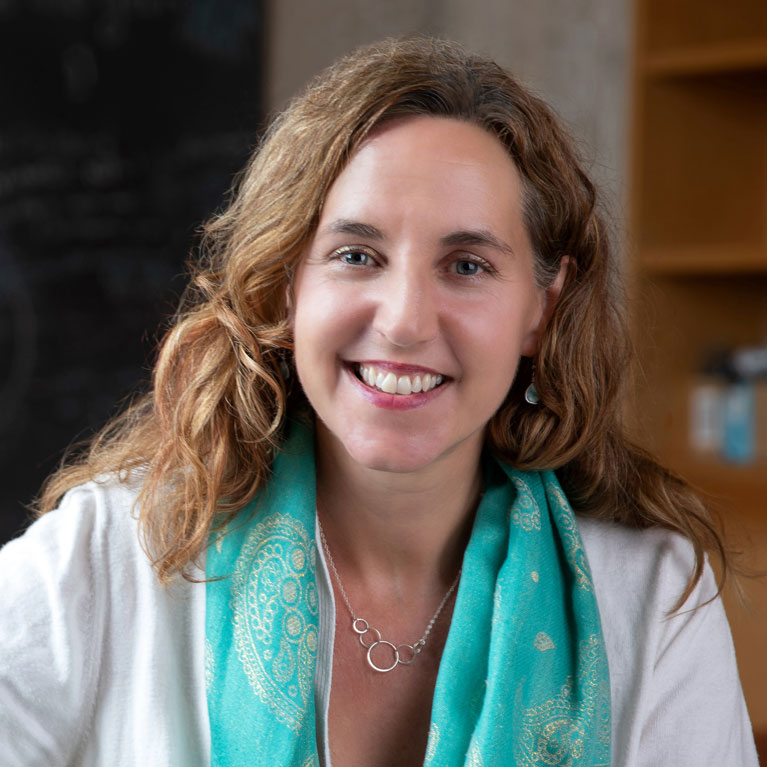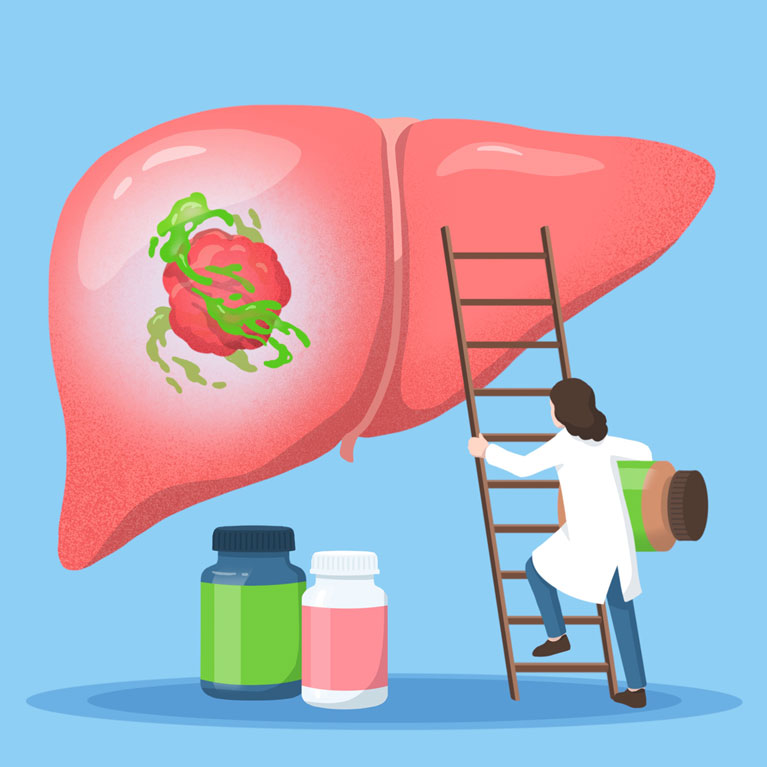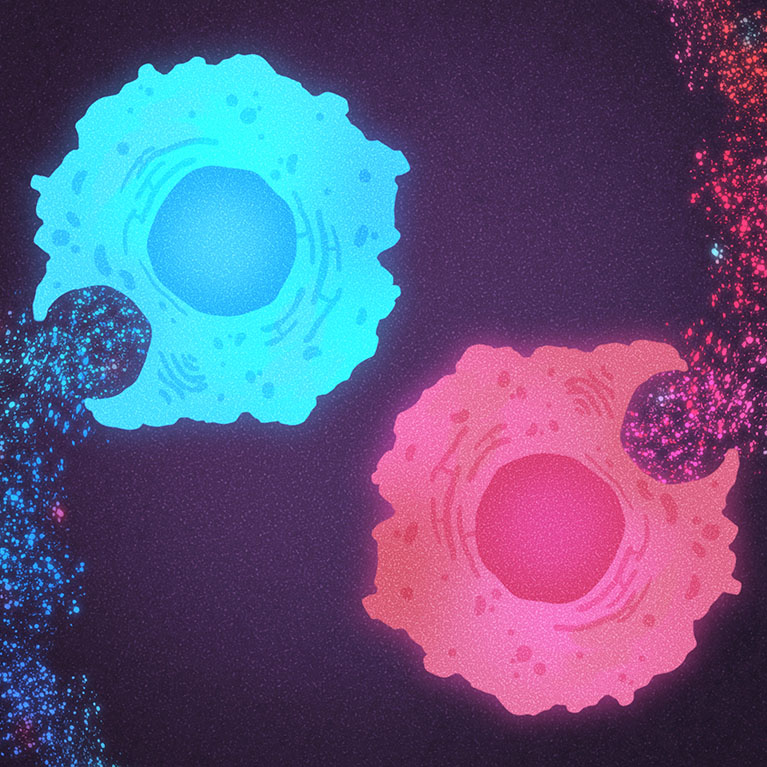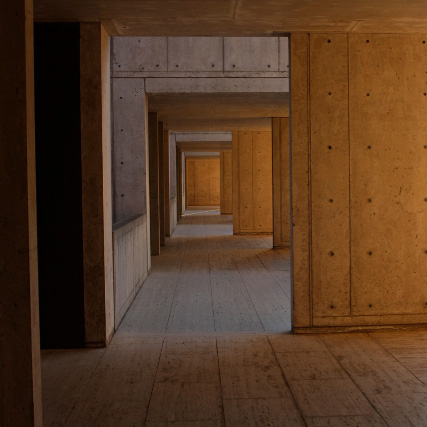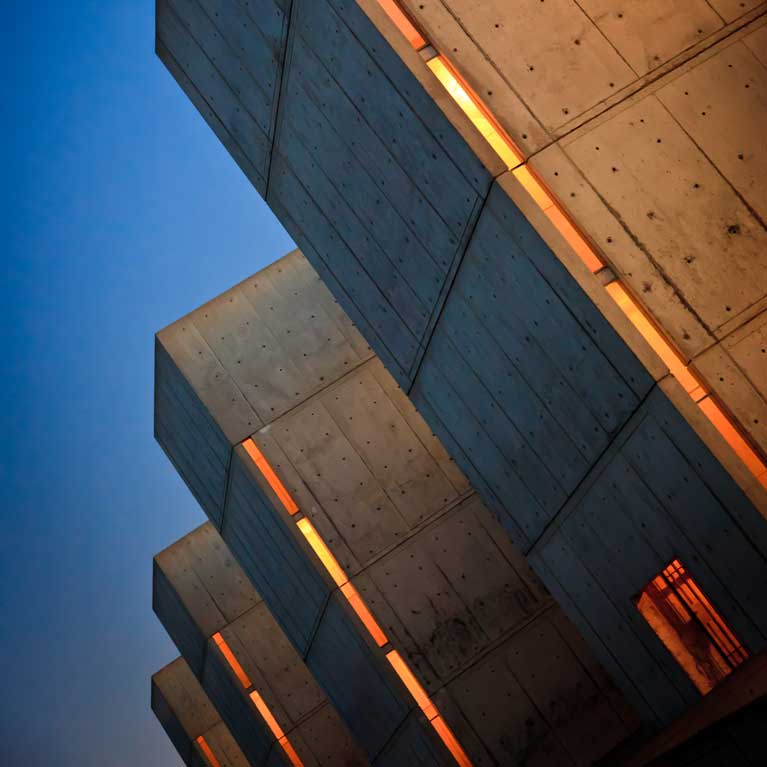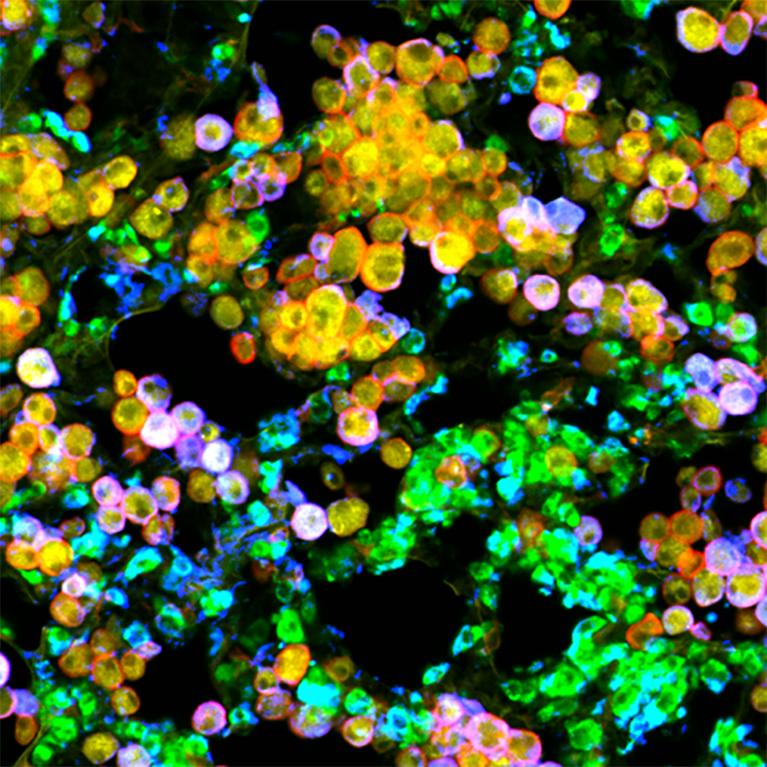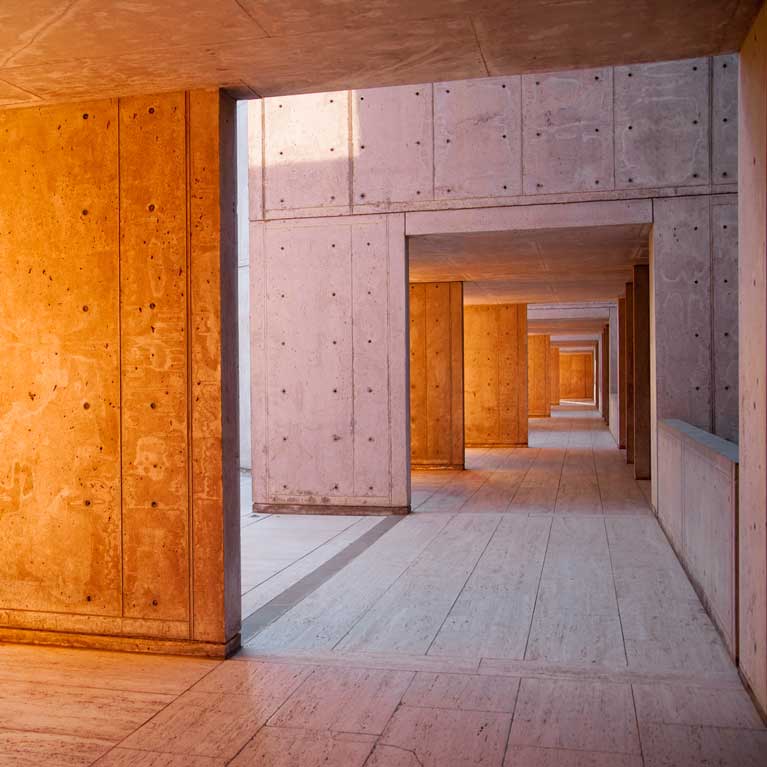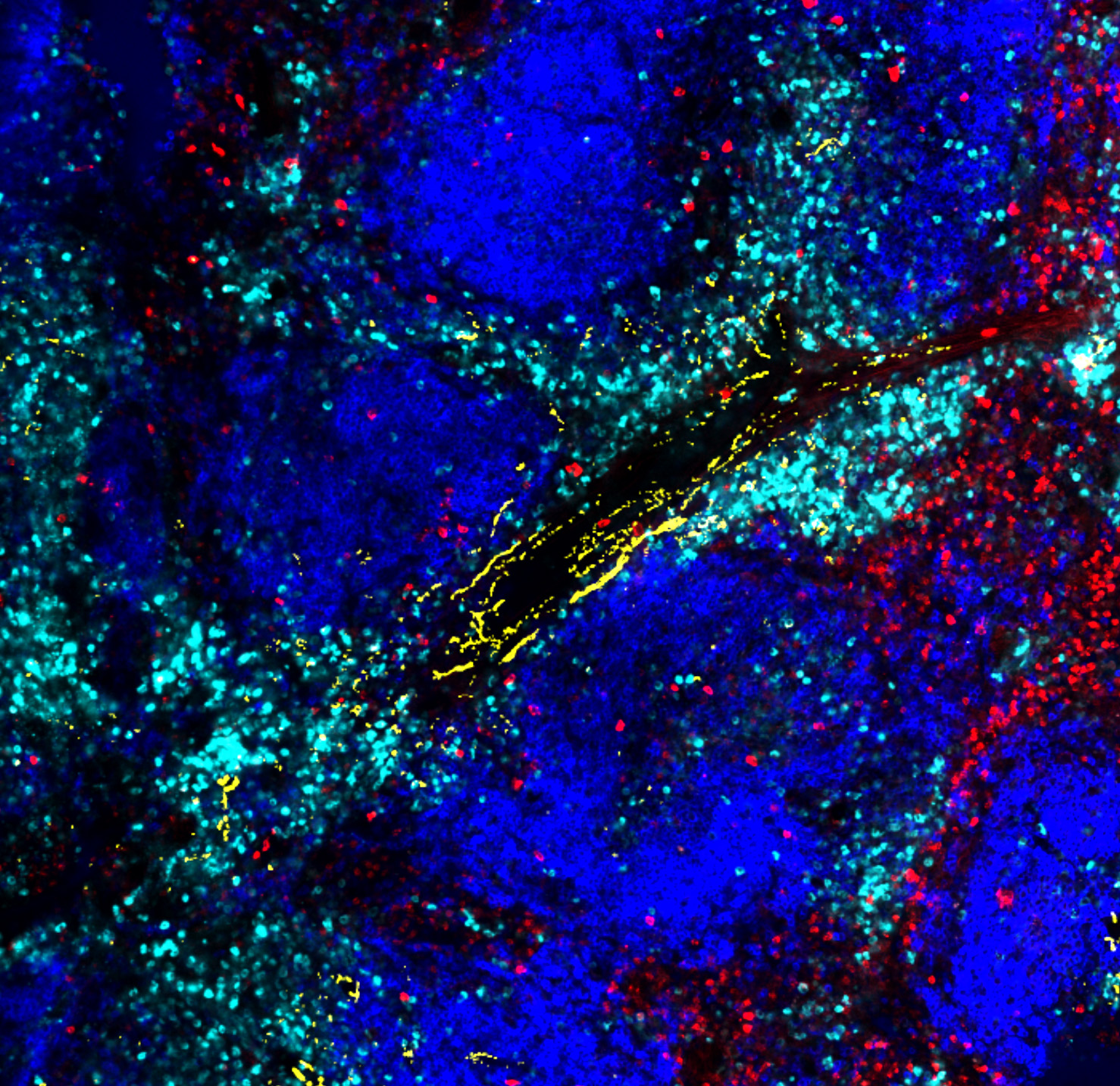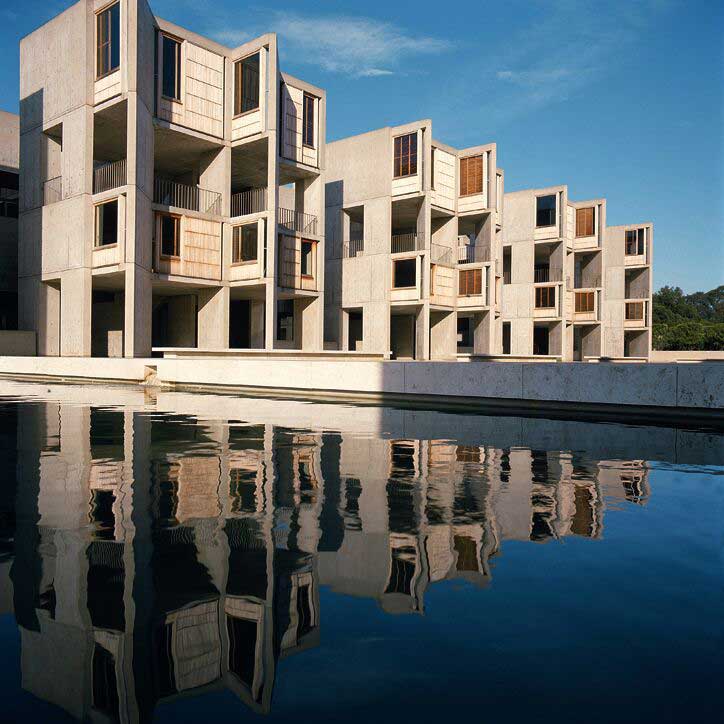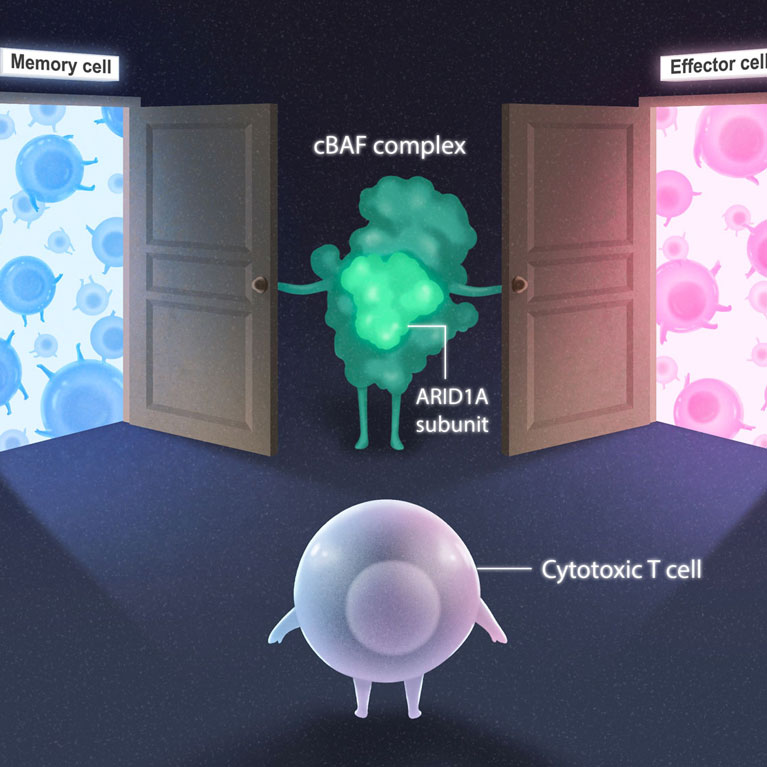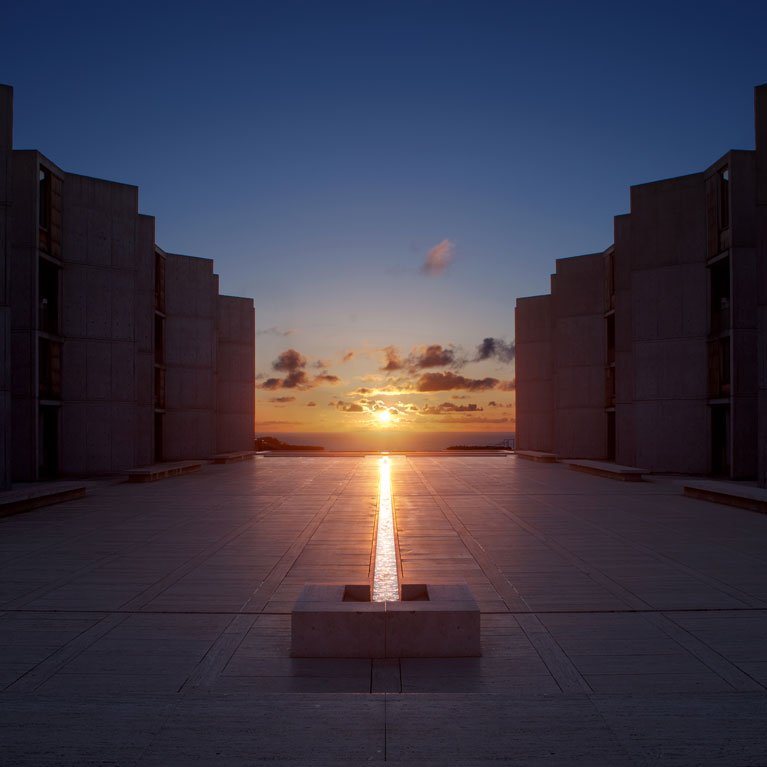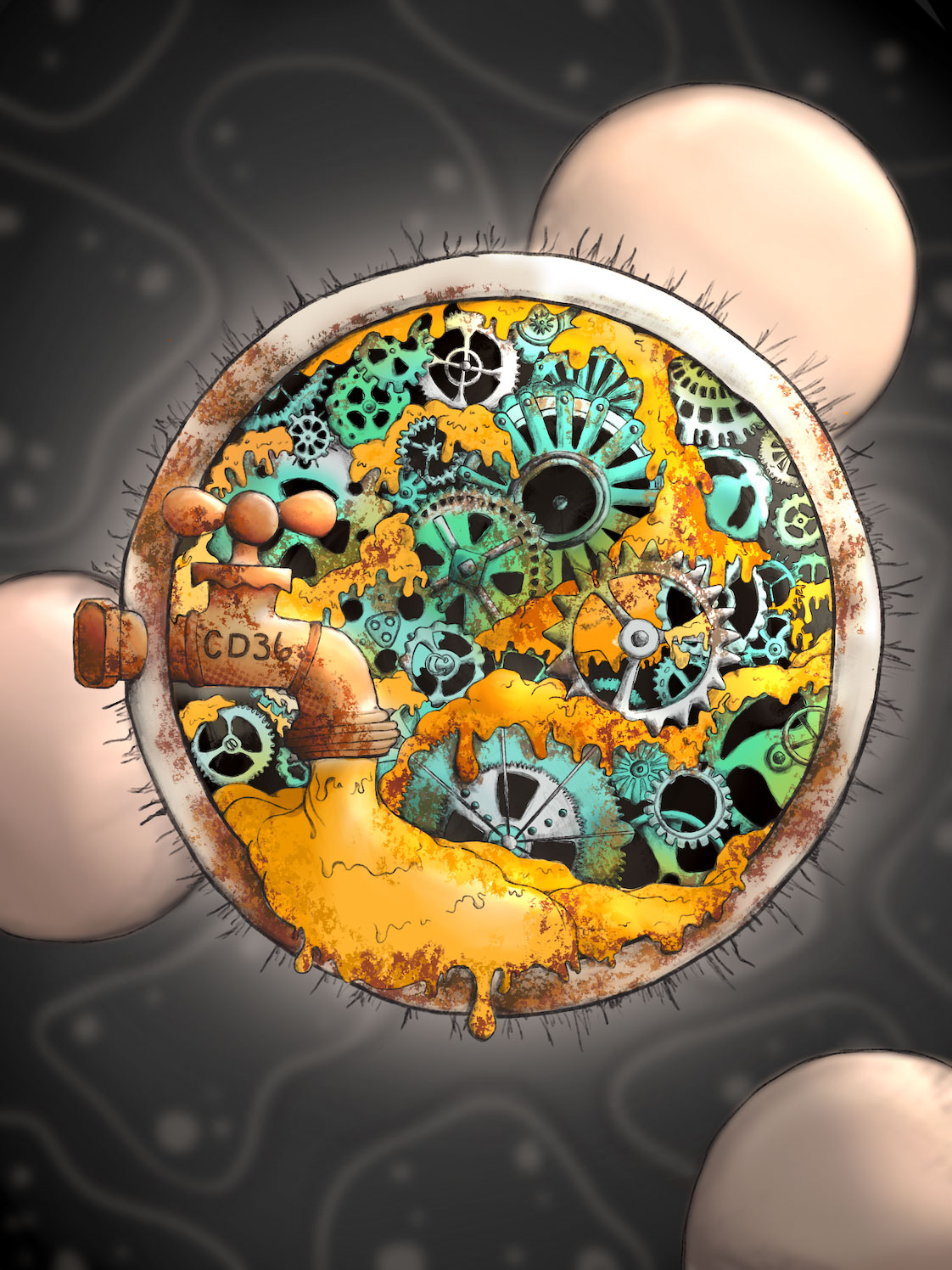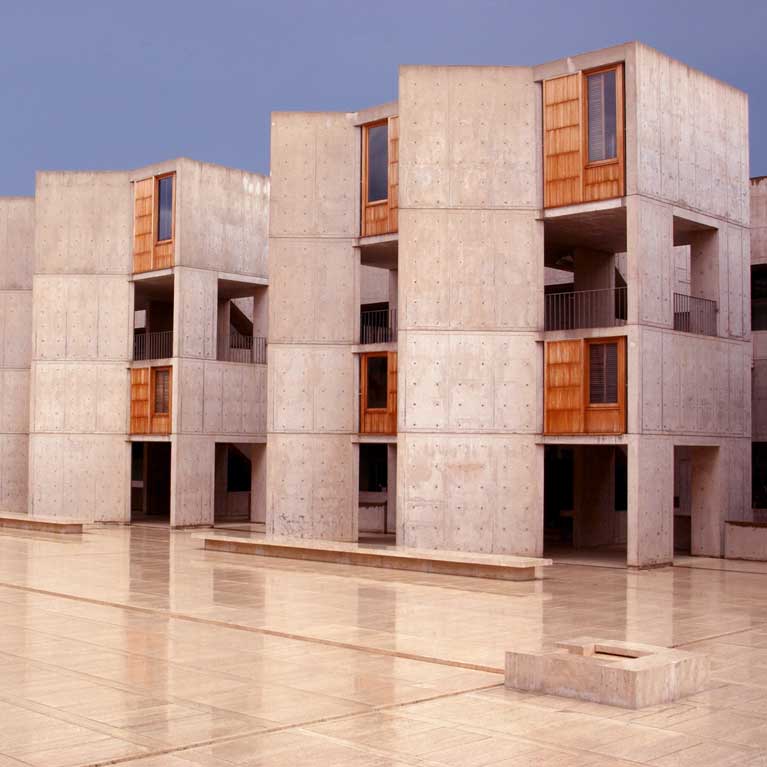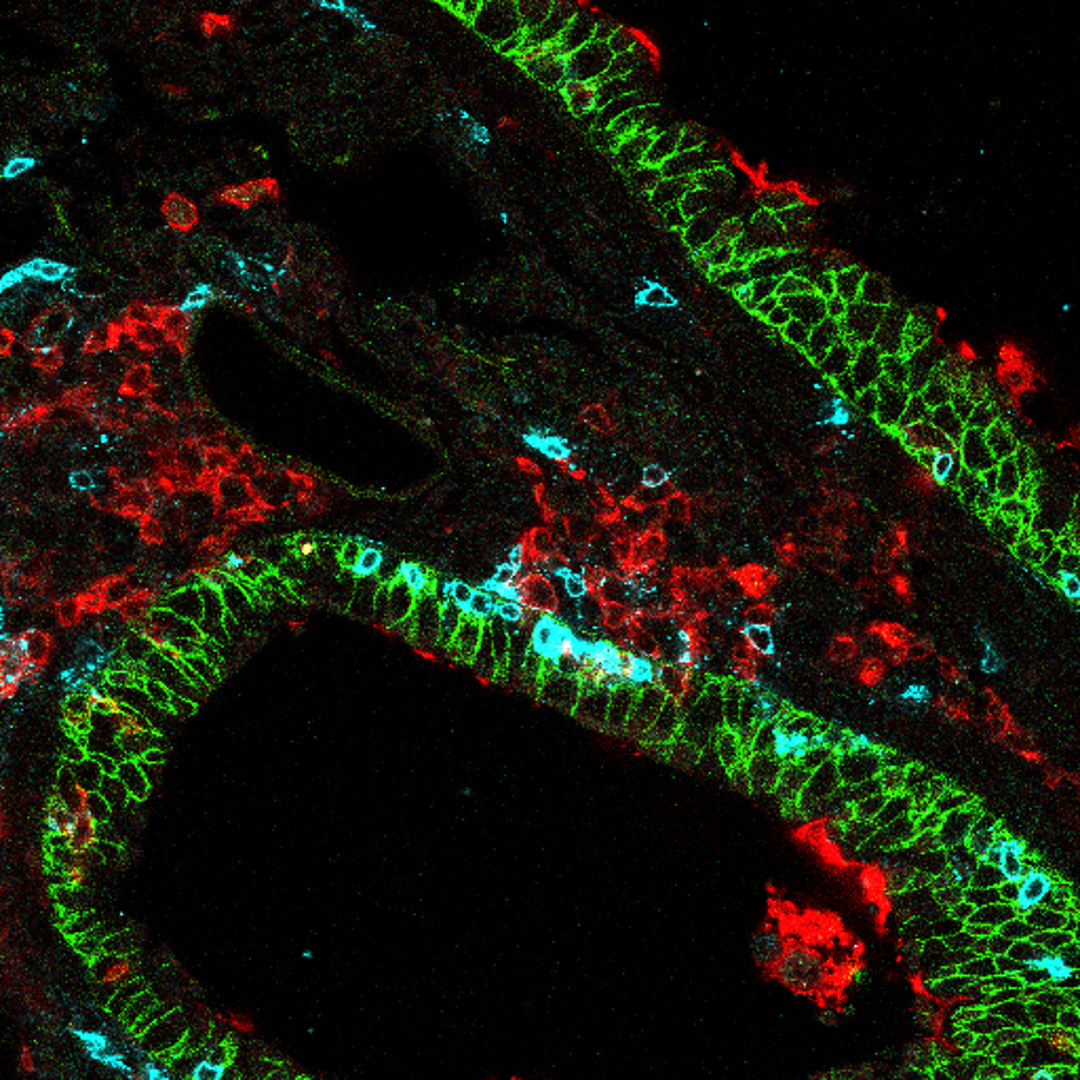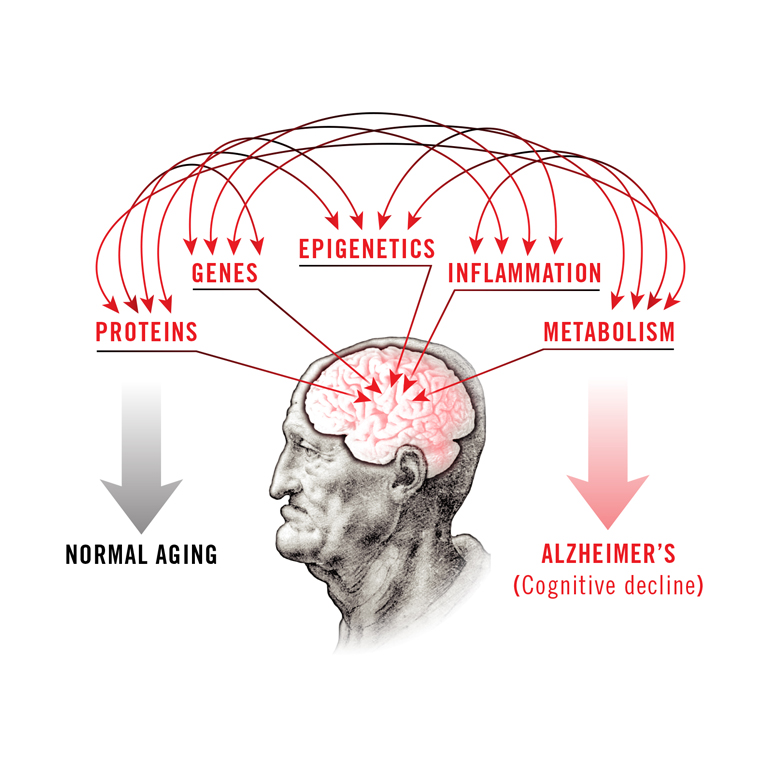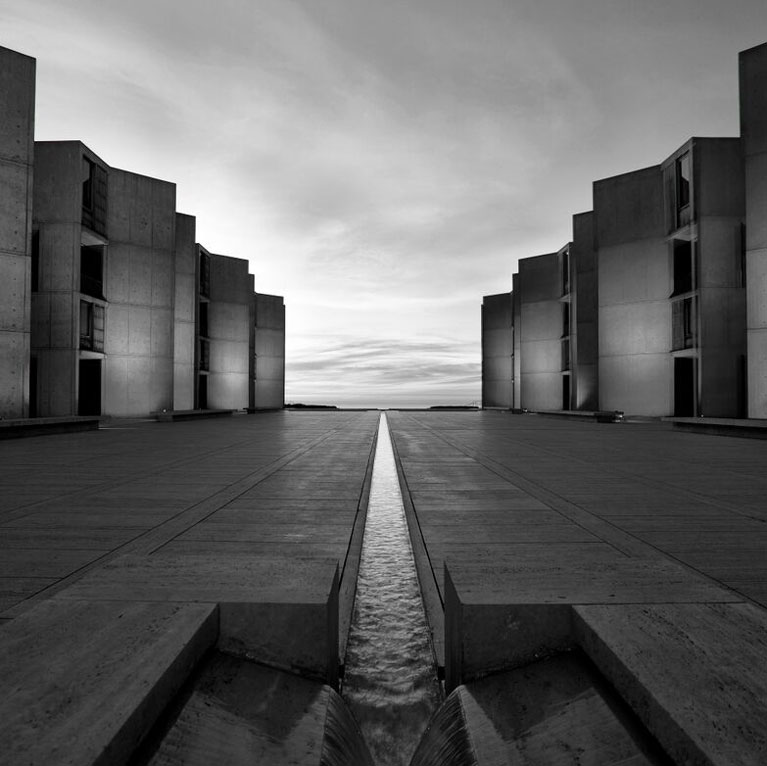Press
Could these two genes make T cells unstoppable?
LA JOLLA—A multi-institutional study led by researchers at the Salk Institute for Biological Studies, UNC Lineberger Comprehensive Cancer Center, and UC San Diego has uncovered new genetic rules that determine how immune cells, known as CD8 “killer” T cells, choose between becoming long-lasting, protective defenders or slipping into exhausted, dysfunctional states. Turning off just two of these genes allowed exhausted T cells to regain their tumor-killing capacity.
Bile acids exacerbate liver cancer, dietary supplement may offer relief
LA JOLLA—Immunotherapy is a modern approach to cancer treatment that uses a patient’s own immune system to help fight tumors. It has made an incredible impact on treating cancers in many different organ systems, including the lung, kidney, and bladder—but for other cancers, such as liver cancer, the therapy has been much less effective. This discrepancy is especially concerning as liver cancer rates have nearly tripled in the last 40 years.
Your immune cells are what they eat
LA JOLLA—The decision between scrambled eggs or an apple for breakfast probably won’t make or break your day. However, for your cells, a decision between similar microscopic nutrients could determine their entire identity. If and how nutrient preference impacts cell identity has been a longstanding mystery for scientists—until a team of Salk Institute immunologists revealed a novel framework for the complicated relationship between nutrition and cell identity.
Salk Institute launches Neuroimmunology Initiative with $20 million gift from NOMIS Foundation
LA JOLLA—The Salk Institute will receive $20 million over four years from the NOMIS Foundation to launch a new Neuroimmunology Initiative within the Institute’s NOMIS Center for Immunobiology and Microbial Pathogenesis. By funding research programs, faculty recruitment, and pilot grants, the generous gift will enable Salk scientists to develop a deep understanding of the crosstalk between the immune and nervous systems and the role it plays in health and disease.
Salk immunologist Susan Kaech elected to National Academy of Sciences
LA JOLLA—Salk Institute Professor Susan Kaech has been elected to the U.S. National Academy of Sciences. Kaech is one of 120 new members and 24 international members to be elected to the academy in recognition of their distinguished and continuing achievements in original research. The election is considered one of the highest honors accorded to a scientist in the United States. Kaech’s work has transformed the fields of immunology and cancer biology and inspires new approaches to cancer immunotherapy. Her recognition brings the number of Salk faculty elected to the National Academy of Sciences to 13.
Lung cancer hijacks immune cell metabolism to fuel its own growth
LA JOLLA—Lung adenocarcinoma is the most common lung cancer and the cause of most cancer-related deaths in the United States. There are several ways lung adenocarcinoma can arise, one of which is a mutation in a protein called EGFR (epidermal growth factor receptor). Non-mutated EGFR helps cells grow in response to injury, but mutated EGFR promotes out-of-control growth that can turn into cancer. Modern immunotherapies don’t work against EGFR-driven lung adenocarcinoma, and while some drugs exist to treat the cancer, patients typically develop a resistance to them within just a few years. This gap in the treatment toolchest inspired Salk Institute researchers to probe for weak spots in the cancer’s growth pathway.
Rewiring tumor mitochondria enhances the immune system’s ability to recognize and fight cancer
LA JOLLA—Immunotherapy, which uses the body’s own immune system to fight cancer, is an effective treatment option, yet many patients do not respond to it. Thus, cancer researchers are seeking new ways to optimize immunotherapy so that it is more effective for more people. Now, Salk Institute scientists have found that manipulating an early step in energy production in mitochondria—the cell’s powerhouses—reduces melanoma tumor growth and enhances the immune response in mice.
Reducing stress on T cells makes them better cancer fighters
LA JOLLA—Even for killer T cells—specialized immune cells—seeking and destroying cancer cells around the clock can be exhausting. If scientists can understand why killer T cells become exhausted, then they can create more resilient cancer-killing cells.
Using the body’s “invisible scalpel” to remove brain cancer
LA JOLLA—Glioblastoma, the most common and deadly form of brain cancer, grows rapidly to invade and destroy healthy brain tissue. The tumor sends out cancerous tendrils into the brain that make surgical tumor removal extremely difficult or impossible.
Mapping the development of infection-fighting immune cells
LA JOLLA—The immune system protects the body from invaders, such as bacteria, viruses, or tumors, with its intricate network of proteins, cells, and organs. Specialized immune cells, called cytotoxic T cells, can develop into short-lived effector cells that kill infected or cancerous cells within our bodies. A small portion of those effector cells remain after an infection and become longer-lived memory cells, which “remember” infections and respond when infections reappear. But little was known about what influences cytotoxic T cells to transform into these effector and memory T cell subtypes.
Salk Professor Susan Kaech elected to American Academy of Arts and Sciences
LA JOLLA—Salk Institute Professor Susan Kaech, director of the NOMIS Center for Immunobiology and Microbial Pathogenesis, has been elected to the American Academy of Arts and Sciences. She shares the honor with some of the world’s most accomplished leaders from science and technology, business, public affairs, education, the humanities, and the arts. Kaech and the new class of nearly 270 members will be inducted at a formal ceremony on September 30, 2023, at the Academy’s headquarters in Cambridge, Massachusetts.
Salk scientists receive $1.5 million from Sol Goldman Charitable Trust to research multiple sclerosis treatments
LA JOLLA—Salk Professor Ronald Evans and an interdisciplinary group of Institute researchers have been awarded a two-year, $1.5 million grant from the Sol Goldman Charitable Trust at the direction of cardiologist and Salk Trustee Benjamin Lewis. The award will fund a research project to explore connections between the gut, brain, and immune system in search of new therapies for patients with multiple sclerosis (MS).
Salk scientists receive 2022 Mark Foundation Endeavor Award to study lung cancer
LA JOLLA—Professors Reuben Shaw, Susan Kaech, Christian Metallo and Alan Saghatelian have received a 2022 Mark Foundation for Cancer Research Endeavor Award to support their research exploring the metabolic changes that help lung cancers develop. The $3 million Endeavor Award promotes collaborative science to tackle some of the toughest challenges in cancer research. The Salk team—one of four teams chosen out of nearly 200 applications submitted by institutions around the world—hopes their work will lead to the development of more effective lung cancer treatments.
Salk Institute among cross-collaborative teams gifted $220 million by Wu Tsai Human Performance Alliance
LA JOLLA—A Salk Institute team led by Professor Satchin Panda, along with teams from five other organizations, have been awarded a total of $220 million by the Joe and Clara Tsai Foundation’s Human Performance Alliance, whose philanthropic investment aims to transform human health on a global scale through the discovery and translation of the biological principles underlying human performance.
“Bad fat” suppresses killer T cells from attacking cancer
LA JOLLA—In order for cancer to grow and spread, it has to evade detection by our immune cells, particularly specialized “killer” T cells. Salk researchers led by Professor Susan Kaech have found that the environment inside tumors (the tumor microenvironment) contains an abundance of oxidized fat molecules, which, when ingested by the killer T cells, suppresses their ability to kill cancer cells. In a vicious cycle, those T cells, in need of energy, increase the level of a cellular fat transporter, CD36, that unfortunately saturates them with even more oxidized fat and further curtails their anti-tumor functions.
Salk’s NOMIS Center receives $9.5 million to shape the future of research into health and immunity
LA JOLLA—As we endure a global viral pandemic, our appreciation for health and immunity has never been greater. Now, thanks to a generous gift from the NOMIS Foundation, Salk’s NOMIS Center for Immunobiology and Microbial Pathogenesis will receive $9.5 million to grow and expand, while continuing to be a leader in health and immunity research.
Salk Professors Susan Kaech and Alan Saghatelian named 2020 AAAS Fellows
LA JOLLA—Salk Professors Susan Kaech and Alan Saghatelian have been named 2020 Fellows of the American Association for the Advancement of Science (AAAS), the world’s largest general scientific society and publisher of the journal Science. Kaech and Saghatelian are among 489 new AAAS Fellows who were nominated by their peers for their distinguished efforts to advance science.
Salk researchers accelerate, expand COVID-19 research
LA JOLLA—As the COVID-19 pandemic continues across the globe, the Salk Institute joins in efforts to understand the fundamental science behind the novel coronavirus to pave the way to treatments and cures. COVID-19 exploits a vulnerability in the immune system’s armor: because the SARS-CoV-2 virus—the novel coronavirus that causes COVID-19—appeared in humans recently, our immune systems have no experience with the virus—and sometimes have difficulty fighting it.
How targeting killer T cells in the lungs could lead to immunity against respiratory viruses
LA JOLLA—A significant site of damage during COVID-19 infection is the lungs. Understanding how the lungs’ immune cells are responding to viral infections could help scientists develop a vaccine.
Salk awarded $19.2 million by the American Heart Association-Allen Initiative to study Alzheimer’s and aging in the brain
LA JOLLA—A team of Salk Institute researchers led by President Rusty Gage has been awarded $19.2 million over eight years by the American Heart Association-Allen Initiative in Brain Health and Cognitive Impairment to investigate mechanisms underlying Alzheimer’s disease and aging-related cognitive decline and uncover new therapies. This bold venture will comprehensively analyze interactions between five areas key to brain health: proteins, genes, metabolism, inflammation and epigenetics.
Salk Institute launches Conquering Cancer Initiative
LA JOLLA—On Friday, April 20, 2018, the Salk Institute launched a new initiative called Conquering Cancer, to harness specific and emerging scientific strategies to tackle the five deadliest cancers: pancreatic, ovarian, lung, brain (glioblastoma) and triple-negative breast.
Three Salk faculty honored with endowed chairs
LA JOLLA—Salk scientists Katherine Jones, Susan Kaech and Gerald Shadel each have been recognized for their contributions and dedication to advancing science through research by being named to endowed chairs at the Institute.
Prominent scientists in immunobiology and aging research to join Salk Institute
LA JOLLA—The Salk Institute is honored to welcome two new faculty with the rank of full professor, both of whom are highly respected and accomplished leaders in their fields. Susan Kaech and Gerald Shadel will inspire fresh collaborations and bring experienced perspectives to bear on Salk’s approaches to health and disease.
